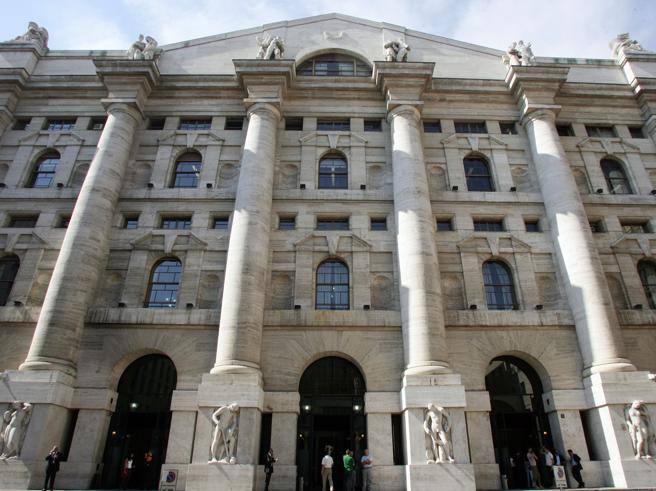Green revolution
The financial industry is experiencing a Copernican revolution: sustainability has now become an essential focus of investments, with the traditional assessment of risks and returns that is no longer enough. It is estimated that on average 20% of global profits (80% for the sectors most exposed to climate risk) are at risk if taxes for emissions were to increase at levels consistent with the Paris targets (2Celsius). And here an extraordinary investment opportunity opens up, for those who will be able to identify the companies that will contribute most to this revolution – comments Luca Tenani, Schroders’ country head Italy -. Like? By identifying the sub-trends that express the great transformations of humanity and riding them in a sustainable way.
Topics such as climate change, the energy transition chain, sustainable mobility, innovation in healthcare, technological disruption or even the aging of the population. The most virtuous companies in terms of impact on the environment and society will also be the most profitable – continues Tenani -. As proof that investing in a sustainable way does not mean giving up on performance. And there is a good chunk of investors who seem to have understood this. According to the data of our Schroders Global Investor Study 2021, in fact, 40% of Italian savers find sustainable investments attractive precisely because of the return profile they can offer.
Hence the strong expansion of this slice of the market, with global ESG assets which, according to data from Bloomberg Intelligence, could reach 53 trillion dollars by 2025, with Europe leading the way.. An impetuous growth driven precisely by the increase in investor demand, as well as by government initiatives to support green growth and recent regulatory frameworks – argues Hans Slob, senior investment analyst at NN Investment Partners -. The European Union has in fact responded to this dizzying growth with a far-reaching regulatory strategy, aimed at increasing transparency, preventing greenwashing and making environmental, social and governance issues a primary objective of financial institutions and investors. In the future, therefore, there will be new investment opportunities in all asset classes as companies are moving to address many of the most pressing problems, going beyond reducing their own climate footprint.
Companies are developing innovative solutions in the areas of recycling, water purification, energy infrastructure and carbon capture. And for investors, this will mean a wider range of equities, but also green bonds, which will be in line with the European Union’s sustainability rating, concludes Slob.







